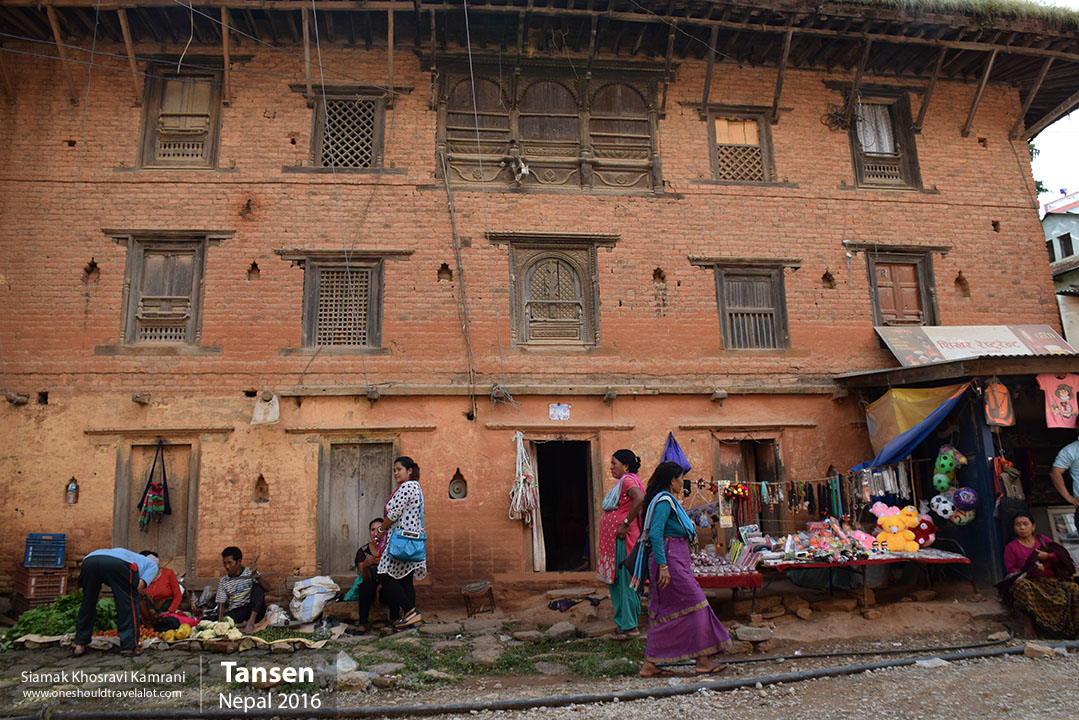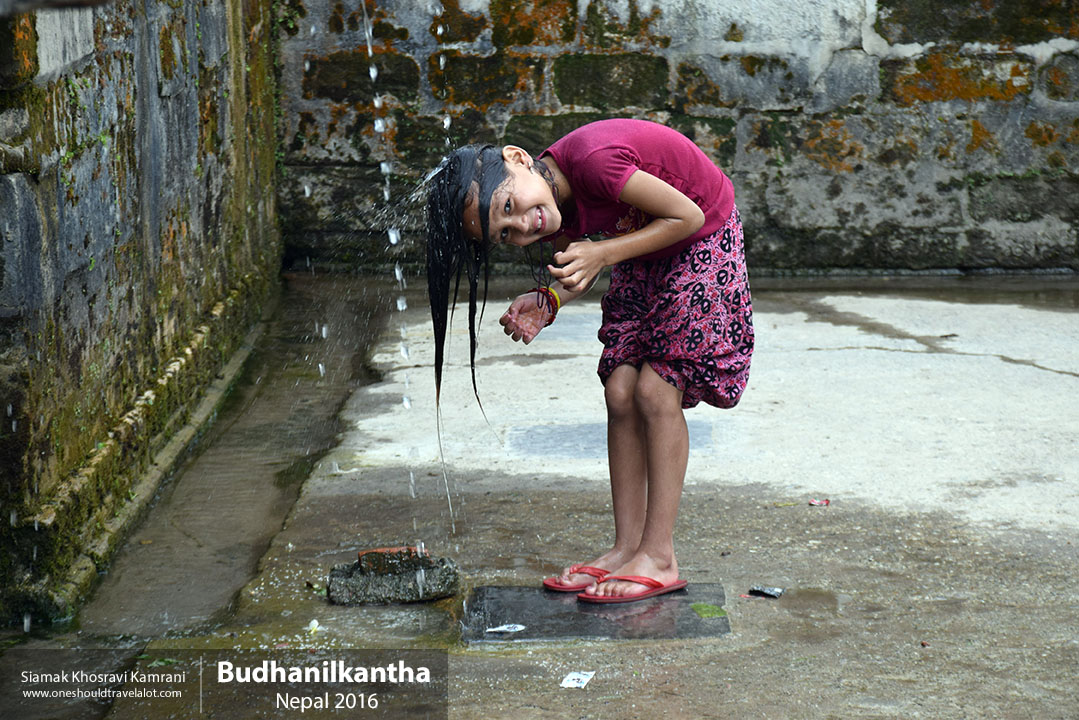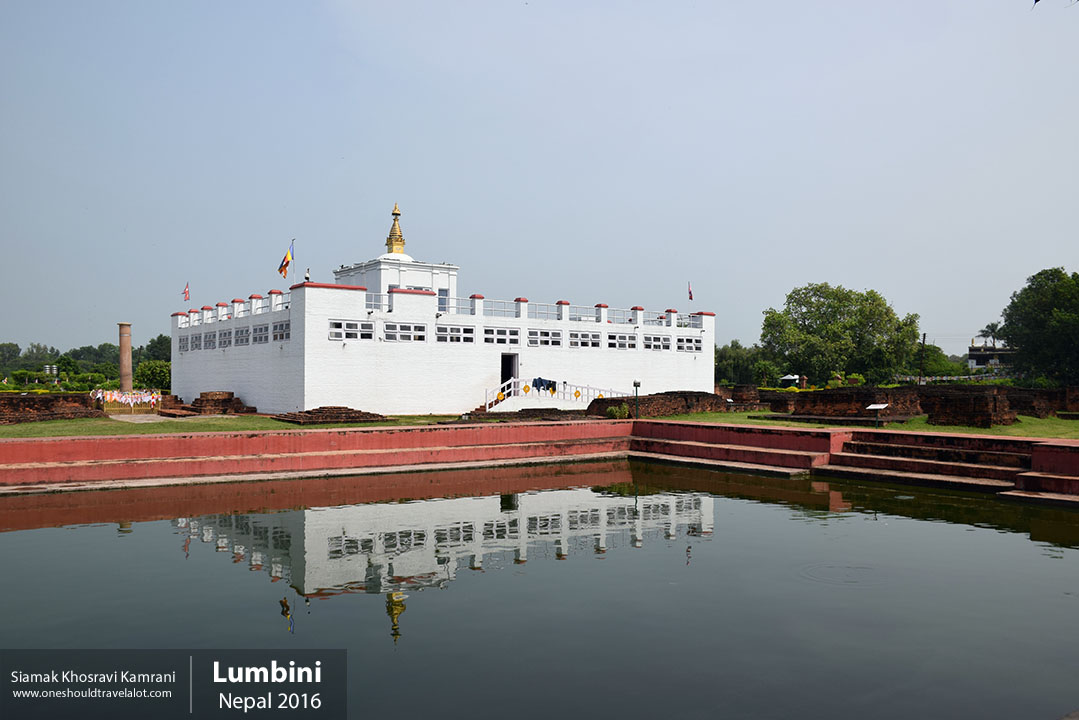Exploring Pokhara: A Photographer’s Paradise
A Photographic Journey to Pokhara, Nepal
Nestled amidst the majestic peaks of the Himalayas, Pokhara is a gem waiting to be discovered by any avid photographer. As I set foot in this enchanting city, I felt an immediate sense of tranquility and excitement, eager to capture its breathtaking beauty and vibrant culture through my lens. This is a story of my journey through Pokhara, where every corner holds a new adventure and every face tells a unique story.
First Impressions
Upon arrival in Pokhara, I was greeted by the city’s serene atmosphere and stunning natural landscapes. The standard of living here seemed modest but comfortable, with a relaxed pace of life that was a refreshing change from the bustling cities. The streets were clean and lined with quaint shops, cafes, and restaurants, each exuding a warm and welcoming vibe. As I wandered through the city, I couldn’t help but notice the smiles on the faces of the locals, their friendly greetings making me feel instantly at home.
The Majestic Phewa Lake
My first destination was the iconic Phewa Lake, a central highlight of Pokhara. The lake’s crystal-clear waters mirrored the towering Annapurna Range, creating a mesmerizing sight. I rented a small boat and rowed out to the center of the lake, where the peace and quiet were only interrupted by the gentle splash of my oars. From this vantage point, I captured stunning shots of the surrounding mountains, their snow-capped peaks glistening in the sunlight. The lake also houses the Tal Barahi Temple on a small island, a place of worship that attracts both locals and tourists alike.
Sarangkot: Sunrise Above the Himalayas
No visit to Pokhara is complete without experiencing the sunrise from Sarangkot, a viewpoint offering panoramic views of the Himalayas. I woke up at the crack of dawn and made my way to Sarangkot, eagerly anticipating the sight that awaited me. As the first rays of sunlight illuminated the peaks of Dhaulagiri, Annapurna, and Machhapuchhre, I was spellbound by the sheer beauty of the scene. The play of light and shadow on the mountains created an ever-changing palette of colors, perfect for capturing through my camera.
Delving into Local Culture
Pokhara is not just about natural beauty; its rich culture and traditions are equally captivating. I visited the old bazaar, a bustling market where locals trade everything from fresh produce to handcrafted goods. The market was a riot of colors and sounds, with vendors calling out their wares and the air filled with the aroma of spices. Here, I met many artisans who were more than happy to share their stories and demonstrate their crafts, offering me a deeper understanding of their way of life.
Peace Pagoda: A Symbol of Harmony
One of the most serene spots in Pokhara is the World Peace Pagoda, a Buddhist stupa perched atop a hill overlooking the city. The climb to the pagoda was a bit challenging, but the view from the top made it all worthwhile. The pagoda itself is a stunning structure, painted in white and gold, symbolizing peace and harmony. From here, I had a panoramic view of Phewa Lake, the city below, and the surrounding mountains. The peaceful ambiance of the pagoda made it an ideal spot for reflection and photography.
The Thrill of Adventure
Pokhara is also known as the adventure capital of Nepal, offering a variety of activities for thrill-seekers. I decided to try paragliding, a popular activity that promised an adrenaline rush and unmatched views of the Himalayas. As I soared high above the city, the sense of freedom and the stunning vistas took my breath away. The aerial perspective allowed me to capture unique shots of Pokhara, its lush valleys, and the meandering rivers below.
Immersing in the Local Cuisine
Food is an integral part of any cultural experience, and Pokhara did not disappoint. The city’s culinary scene is a delightful blend of traditional Nepali dishes and international flavors. I indulged in local specialties like dal bhat (lentil soup with rice), momos (dumplings), and fresh fish from Phewa Lake. Each meal was a gastronomic adventure, offering new tastes and aromas that were a feast for the senses. The local restaurants and street food stalls provided ample opportunities to interact with the residents, who were always eager to recommend their favorite dishes.
The Heartwarming Hospitality
Throughout my stay in Pokhara, I was continually struck by the warmth and hospitality of its people. Whether it was the shopkeeper who offered me a cup of tea, the boatman who shared stories of the lake, or the families who welcomed me into their homes, every interaction was marked by kindness and generosity. This genuine hospitality added a personal touch to my journey, making it all the more memorable.
Reflections on Pokhara
As my time in Pokhara drew to a close, I found myself reflecting on the myriad experiences and images I had captured. Pokhara is a place where nature and culture coexist in perfect harmony, offering endless opportunities for exploration and discovery. Its stunning landscapes, rich traditions, and welcoming people create a tapestry of experiences that are as diverse as they are unforgettable.
FAQs About Pokhara
What is the best time to visit Pokhara?
The best time to visit Pokhara is from September to November and from March to May. During these months, the weather is pleasant, and the skies are clear, offering stunning views of the mountains.
How do I get to Pokhara?
Pokhara is well-connected by air and road. The city has its own airport, with regular flights from Kathmandu. Alternatively, you can take a scenic bus ride from Kathmandu, which takes about 6-8 hours.
What are some must-visit places in Pokhara?
Some must-visit places in Pokhara include Phewa Lake, Sarangkot, World Peace Pagoda, Davis Falls, and the old bazaar.
Is Pokhara safe for tourists?
Yes, Pokhara is considered safe for tourists. The locals are friendly and helpful, and the city has a low crime rate. However, it is always advisable to take standard precautions and be aware of your surroundings.
Can I find vegetarian food in Pokhara?
Yes, Pokhara has a wide variety of vegetarian options available. Many restaurants offer traditional Nepali vegetarian dishes, as well as international cuisine to cater to diverse dietary preferences.



